FAQs for Parents Considering ABA at ICS
What is ABA therapy, and how will it help my child?
Typical Concern: Parents often hear mixed things about ABA and want to know how it works and whether it is right for their child.
ICS Difference: At ICS, ABA is neurodiversity-affirming and individualized. We use evidence-based strategies but also honor your child’s unique identity, communication style, and sensory needs. The goal is not to “fix” your child but to build skills, independence, and confidence while supporting family priorities.
How is your ABA different from “traditional” ABA programs?
Typical Concern: Families worry about outdated, compliance-driven ABA approaches that may feel rigid or not respectful of children’s voices.
ICS Difference: We avoid “one size fits all” therapy. ICS integrates culturally responsive practices, strengths-based care, and family collaboration. Sessions focus on meaningful goals (for example, communication, social connection, self-advocacy) rather than compliance. We also incorporate play, natural environment teaching, and trauma-informed practices.
Who will be working with my child?
Typical Concern: Parents want to know about staff qualifications and whether their child will feel safe and supported.
ICS Difference: Services are overseen by a Board Certified Behavior Analyst (BCBA/LBA) with over 20 years of experience. Our team is trained not only in ABA but also in cultural humility, inclusion, and family partnership. Parents remain active members of the therapy process.
How do you make sure therapy is inclusive of our family’s culture and values?
Typical Concern: Families sometimes feel therapy programs ignore their cultural background or family priorities.
ICS Difference: ICS was founded on equity and inclusion. We take time to understand your family’s culture, language, and traditions. Goals are selected collaboratively so they reflect what matters most to you, not just what is on a standardized checklist.
What does a typical session look like?
Typical Concern: Parents expect long table-top drills or rigid routines.
ICS Difference: Sessions at ICS look like your child’s natural environment. Therapy may take place at home, in the community, or during play. We embed learning into everyday routines and reinforce real-world skills. Children are encouraged to take breaks, use their communication tools, and express preferences.
How many hours per week of ABA will my child need?
Typical Concern: Parents are unsure what the right amount of therapy looks like for their child.
ICS Difference: At ICS there is no one set number of hours for all children. Recommendations are individualized and based on your child’s needs, family goals, and developmental priorities. We also respect family routines and ensure therapy fits into your life in a sustainable way.
How do you measure progress?
Typical Concern: Families want to see that therapy is working without feeling like their child is being “tested” constantly.
ICS Difference: We use data to track growth, but in ways that are meaningful. Progress is shared with families in clear, accessible formats. We celebrate small wins, highlight strengths, and adjust goals when they no longer serve your child’s needs.
Will parents be involved in therapy?
ypical Concern: Some programs exclude or minimize parent involvement.
ICS Difference: Parent partnership is central at ICS. We provide coaching and support so parents feel confident carrying strategies into daily life. You are never just “watching” therapy happen, you are part of it.
What age groups do you serve?
Typical Concern: Many ABA programs focus only on young children.
ICS Difference: ICS serves both children and adults. Our approach grows with your family, supporting early learners, teens navigating transitions, and adults developing independence and life skills.
How much does ABA cost?
Typical Concern: Families worry about affordability and unexpected costs.
ICS Difference: Most services at ICS are covered by insurance, and we help families navigate benefits and eligibility. We provide clear information about coverage and any potential out-of-pocket costs before therapy begins. Our goal is transparency so families never feel surprised by billing.
How does insurance authorization work? Will my insurance cover ABA services?
Typical Concern: Parents find insurance navigation overwhelming.
ICS Difference: ICS helps guide families through the funding process. We clearly explain benefits, eligibility, and options so families do not have to figure it out alone.
Is ABA abusive?
Typical Concern: Parents may have heard concerning stories about ABA in the past and want reassurance about safety.
ICS Difference: At ICS, therapy is never about control or punishment. We follow the BACB Ethics Code and integrate trauma-informed care, assent-based practices, and child-led approaches. We listen to children’s voices, respect their autonomy, and ensure therapy is safe, affirming, and empowering. Families are always encouraged to observe sessions and provide feedback.
How do you ensure therapy is safe and ethical?
Typical Concern: Families want reassurance that ABA is respectful and not harmful.
ICS Difference: ICS follows the BACB Ethics Code and goes beyond minimum standards. We integrate trauma-informed care, consent and assent practices, and child-led approaches. Our motto: therapy should always feel safe, supportive, and affirming.
Call (480) 808-4269.
